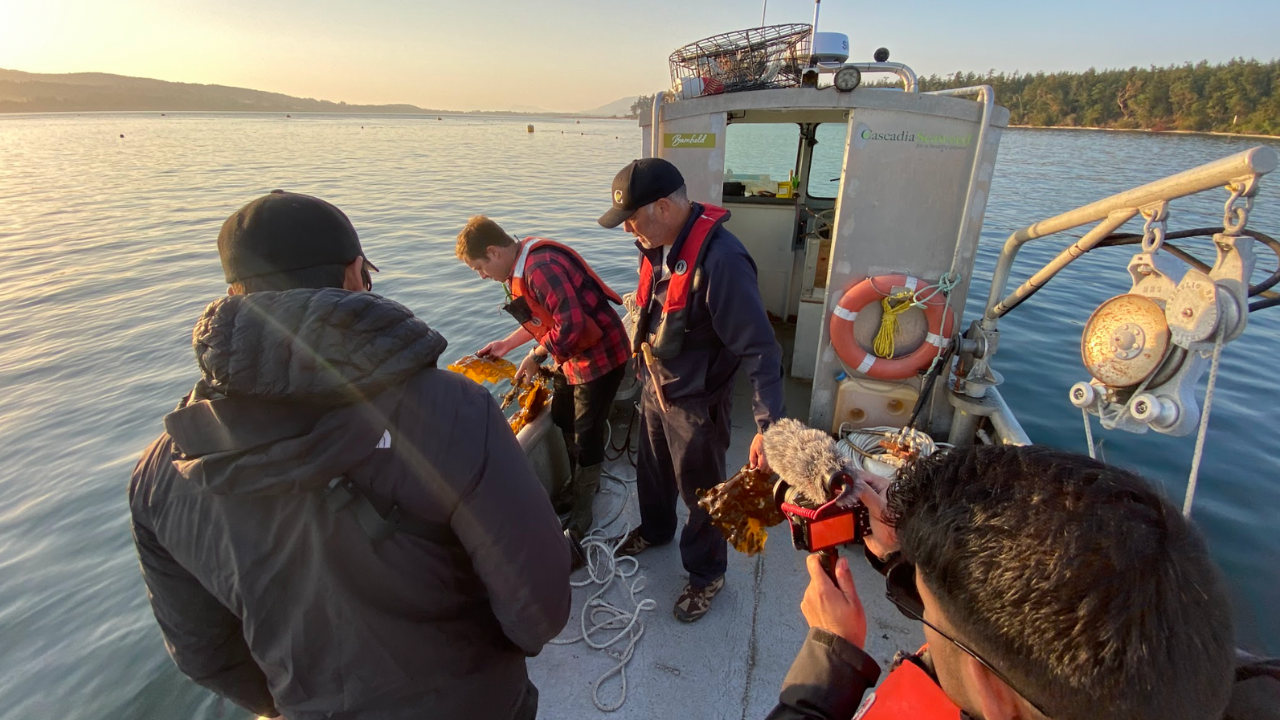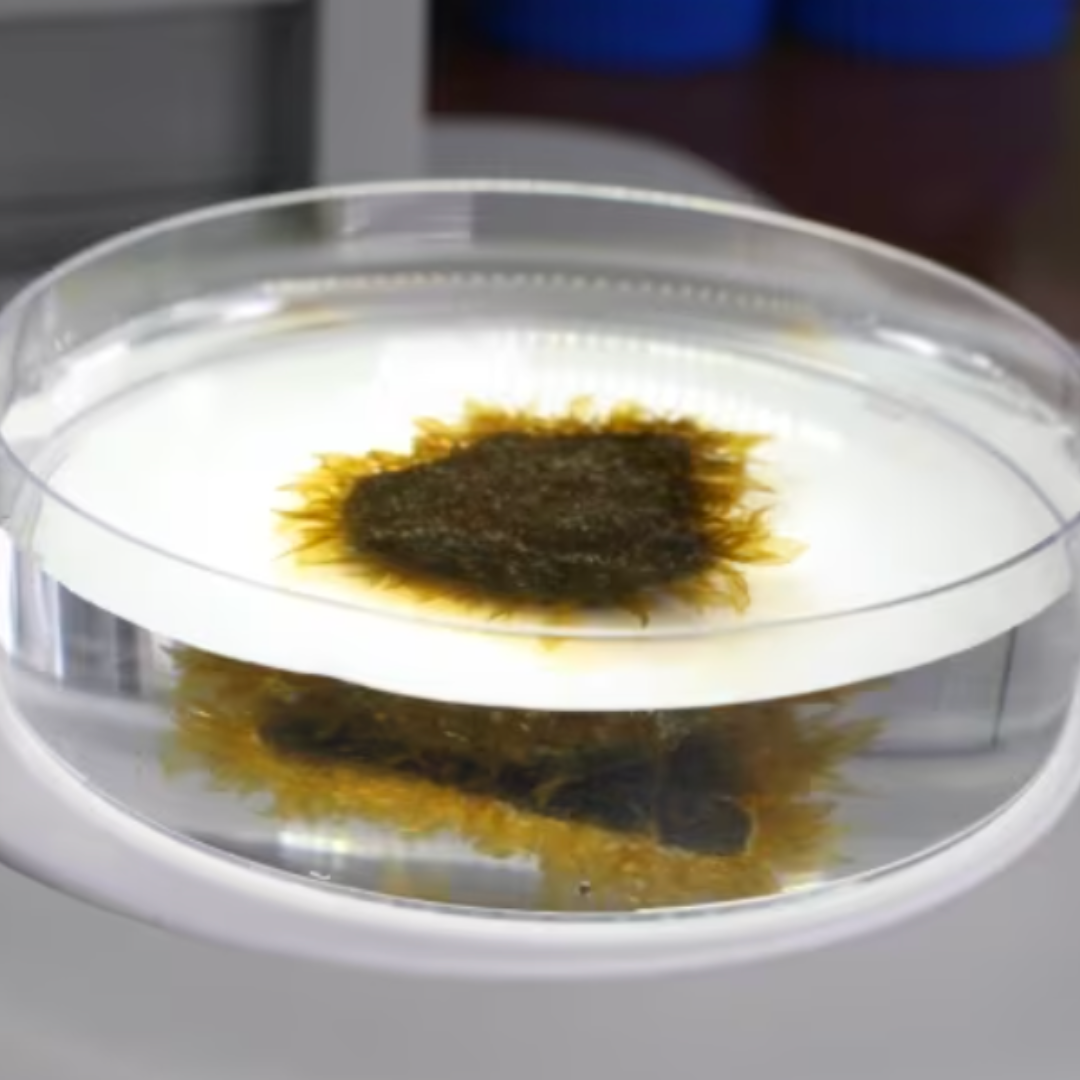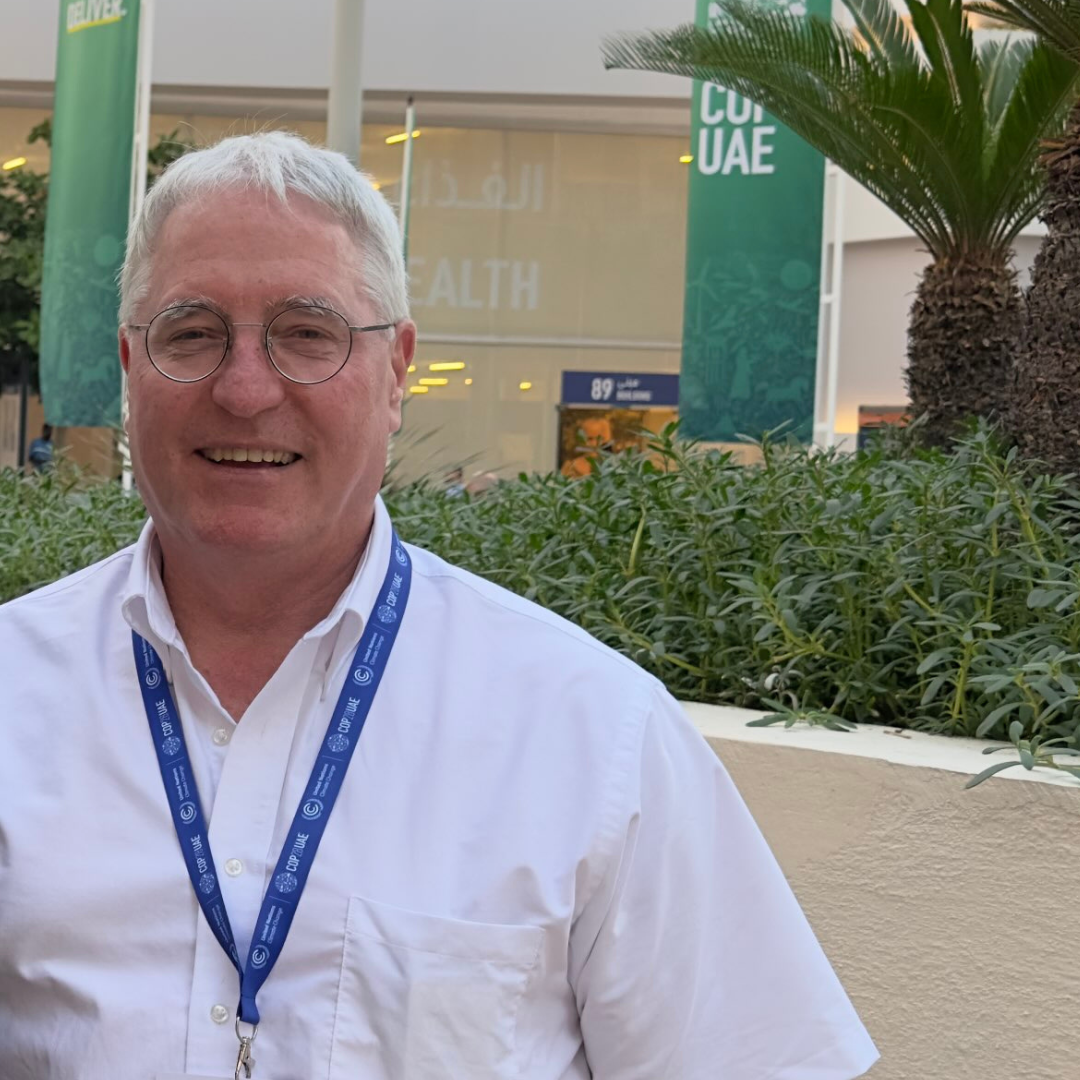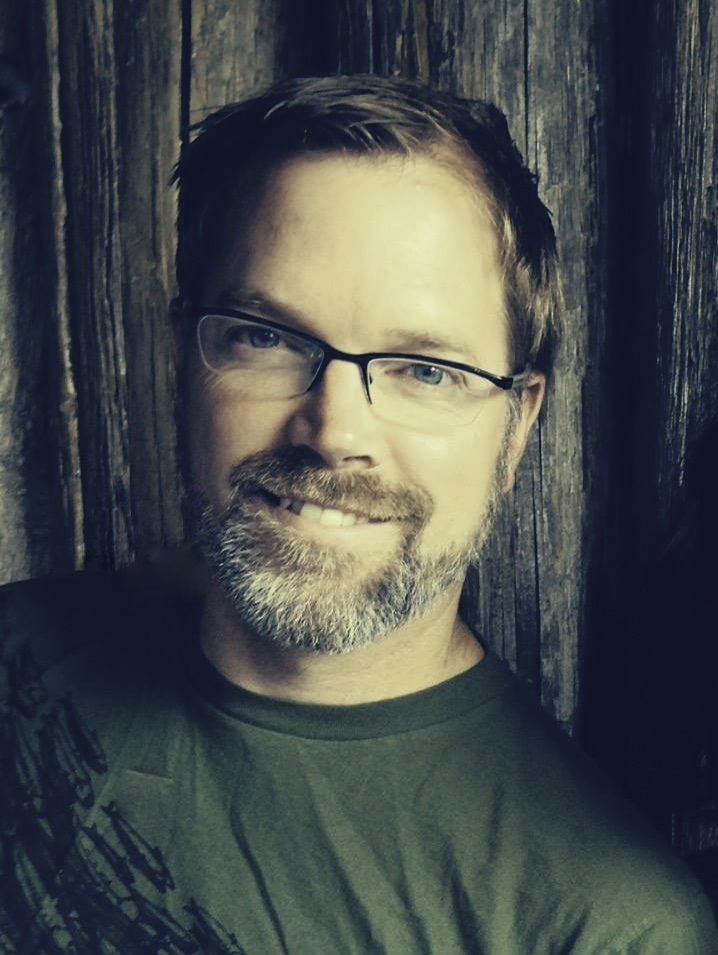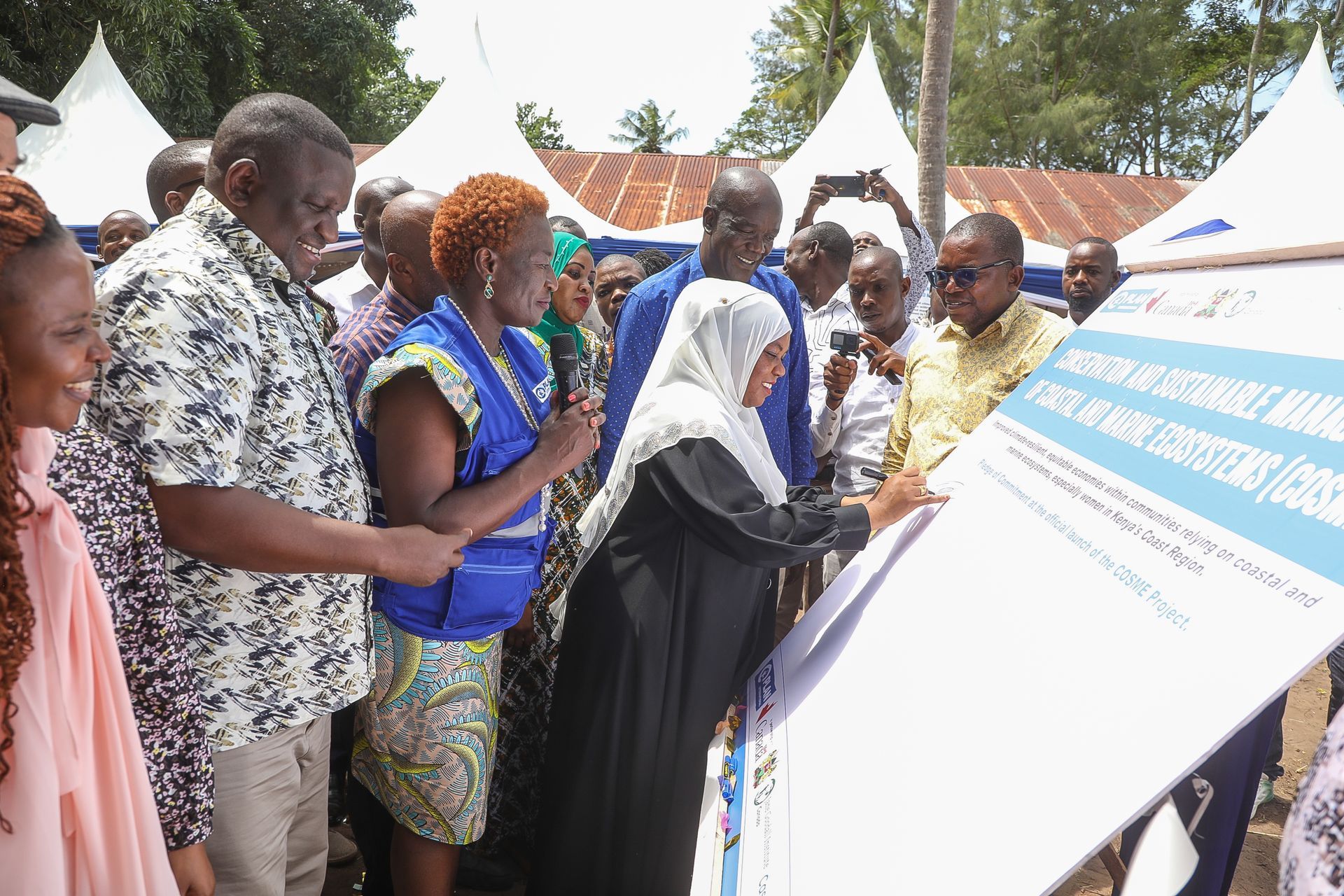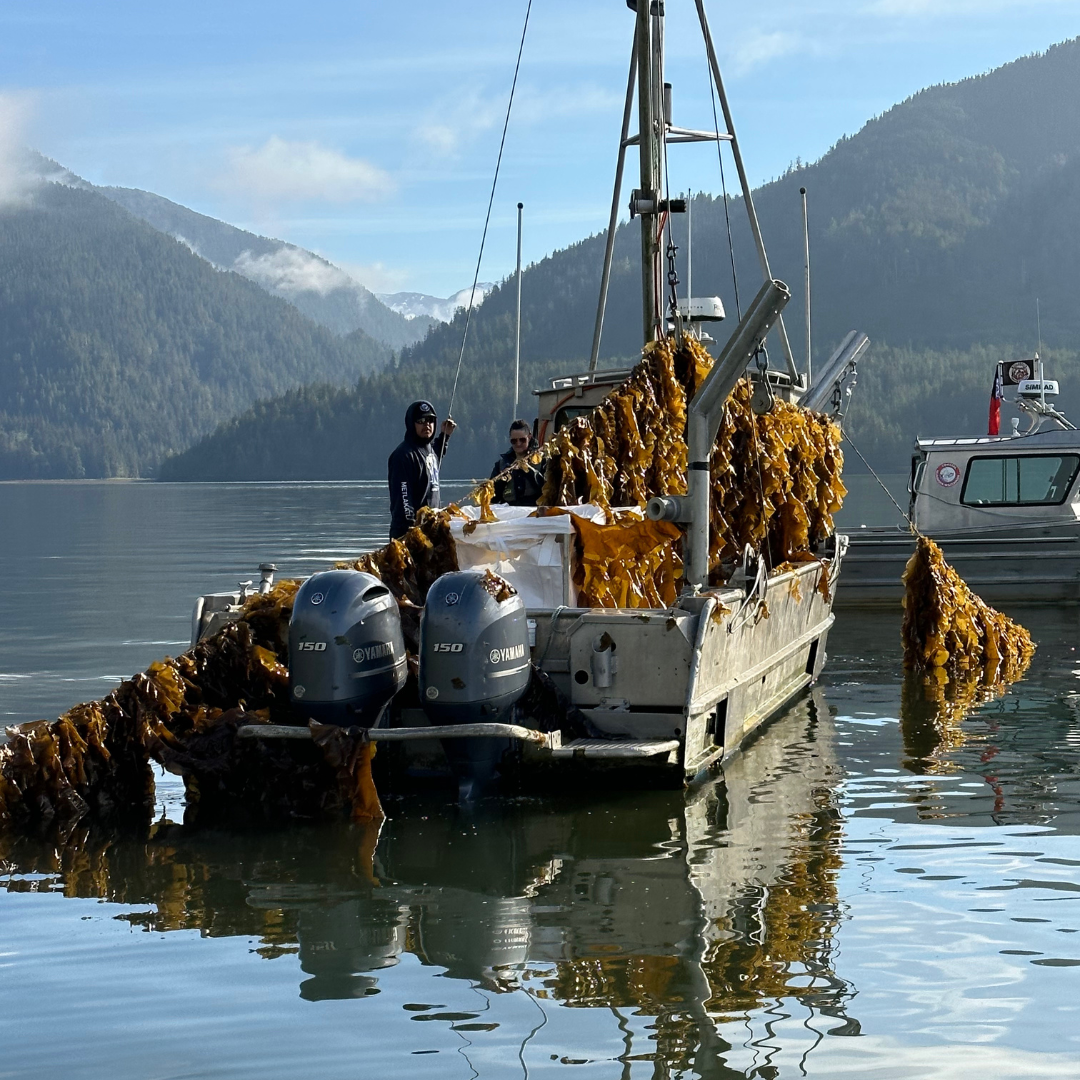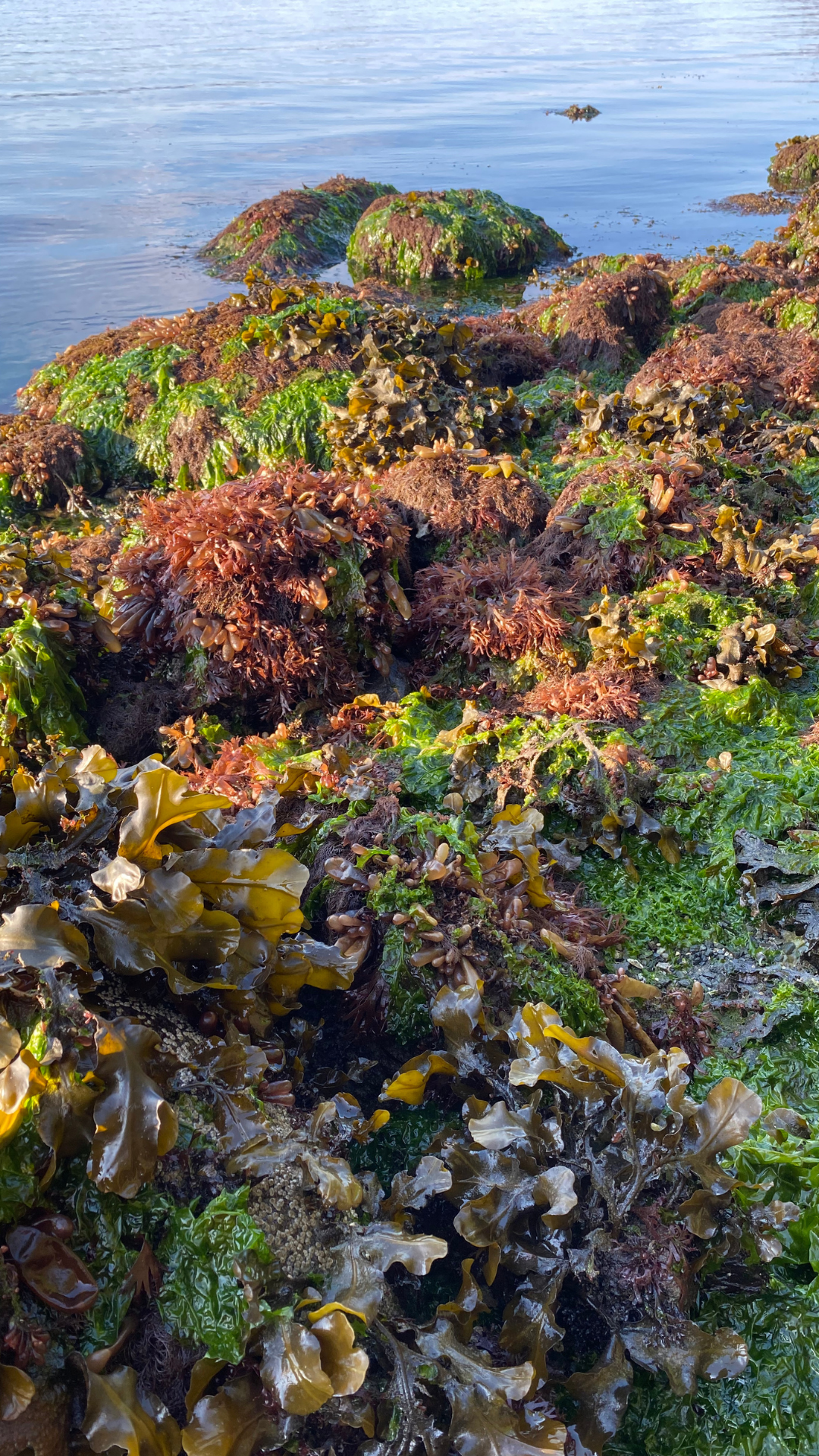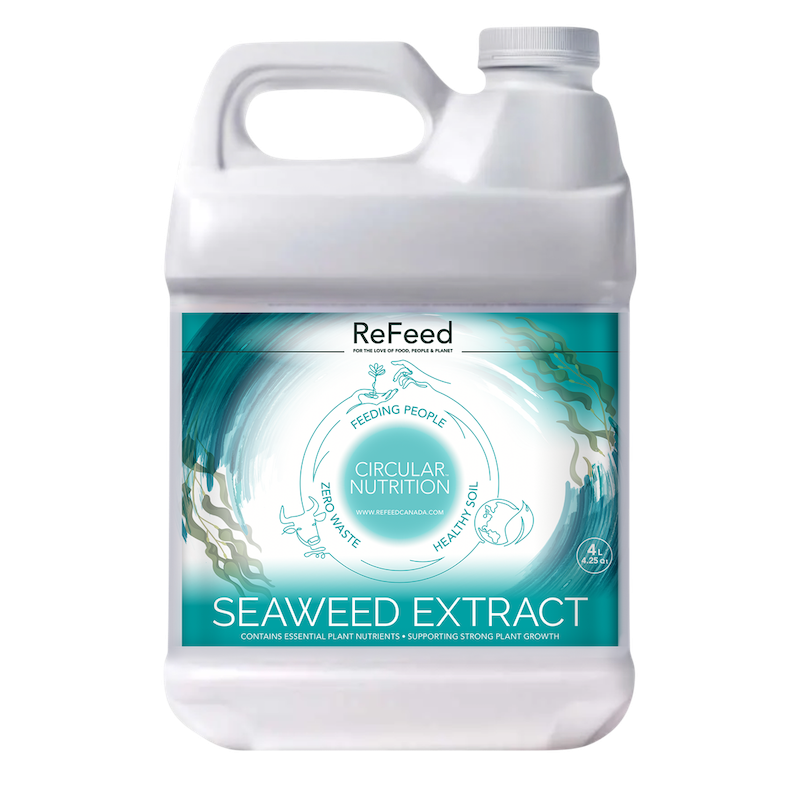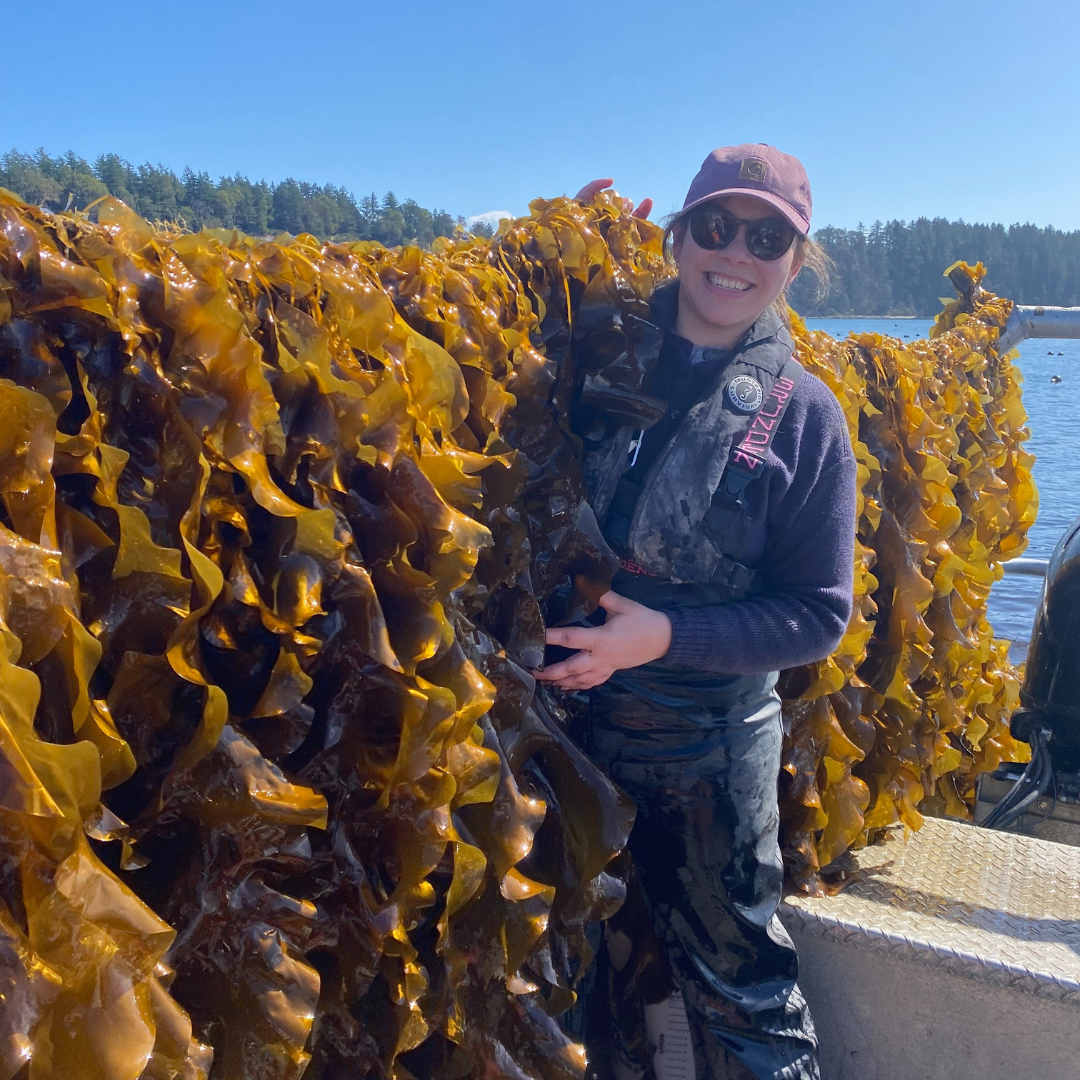At Cascadia Seaweed, we cultivate local species of seaweed and manufacture products for crop and cattle farmers.
Supply Chain Sustainability with Mike Williamson
Forces of Nature
Hosted by CBC and Sponsored by BMW
Watch on
CBC Gem or
YouTube
Uncovering the hidden benefits of Seaweed farming on the Pacific coast
After a long career in the Navy, Mike Williamson was unsure about his relationship with the sea. Were the sounds of the lapping ocean behind him? He needed something new, but what? A revamp was needed, something that aligned with Williamson’s desire for fairness and helping others.
Like so many great initiatives, it was settled over a cup of coffee with friends. Williamson was drawn back to the water, this time as Chief Executive Officer of Cascadia Seaweed.
Cascadia Seaweed is on a mission to build a profitable and scalable business that enhances the natural environment, supports coastal communities, and produces the most sustainable seaweed-based products. Working alongside their First Nations partners, Cascadia Seaweed is quickly becoming the largest North American provider of ocean-grown seaweed.
Experts estimate that within the next twenty years, 10% of the global food mass could come from seaweed.
Cascadia Seaweed grows local seaweeds from seed on low-impact farms in the ocean. The seaweed is then converted into human food under their brand, Kove Ocean Foods. Also in development is an agrifeed product aimed at improving animal health, increasing feed conversion, and diversifying feed supply to help to reduce pressure on arable land, and reduce enteric methane emissions produced by ruminants (cows, sheep, and goats).
Experts estimate that within the next twenty years, 10% of the global food mass could come from seaweed. “That is a big number,” says Williamson, “We are part of it and want to help get the word out.”
To that end, Cascadia Seaweed works with almost ten different First Nations communities, drawing on traditional knowledge and techniques to ensure equitability.
Seaweed farming provides so many more benefits than flooding the market with a tasty, sustainable snack. As a regenerative crop with a variety of uses requiring only the sea and sunlight to grow, cultivated seaweed provides a multitude of ecosystem services, and is a vital link in the ocean’s nutrient chain. “We are in the early stages of valuing these services,” says Williamson, “which includes carbon capture, nitrogen assimilation, ocean acidification and habitat improvement, and other forms of conservation and restoration.”
Like seaweed, BMW’s manufacturing can contribute to a sustainable world through supply chain innovation.
BMW, too, has evaluated the link between its past and future. Reassessing the supply chain was of the first order, and the first step towards having the most sustainable supply chain in the entire sector. BMW places great value on ensuring raw materials are not only environmentally sourced but socially and ethically sourced too. From sustainably sourcing cobalt in the Congo to its involvement in ResponsibleSteel for Steel production, BMW respects sustainability rules which form part of the environmental and social standards along the entire value chain.
At its Leipzig factory, wind power helps cover the need for electricity, and at the San Luis Potosí factory in Mexico, solar panels help power production. In the future, BMW aims for all its factories to run on renewables. Like seaweed, BMW’s manufacturing can contribute to a sustainable world through supply chain innovation.
However, it’s not enough to be satisfied with success. Going forward, Williamson wants to think “beyond sustainability.” He calls his work “earth tech,” by assisting Mother Nature using nature-based solutions. BMW wants to support this mission, and tell the stories of people like Mike who have pushed themselves to create new sustainable solutions to the problems we’re facing. That’s why as part of Forces of Nature BMW is donating $10,000 to Mike and Cascadia Seaweed, to help them further their mission.
“To me, sustainability means status quo,” he says. “We strive to be regenerative, to ensure that where we work, what we touch, and how we do things leaves the environment or ecosystem in a better state than when we arrived.”
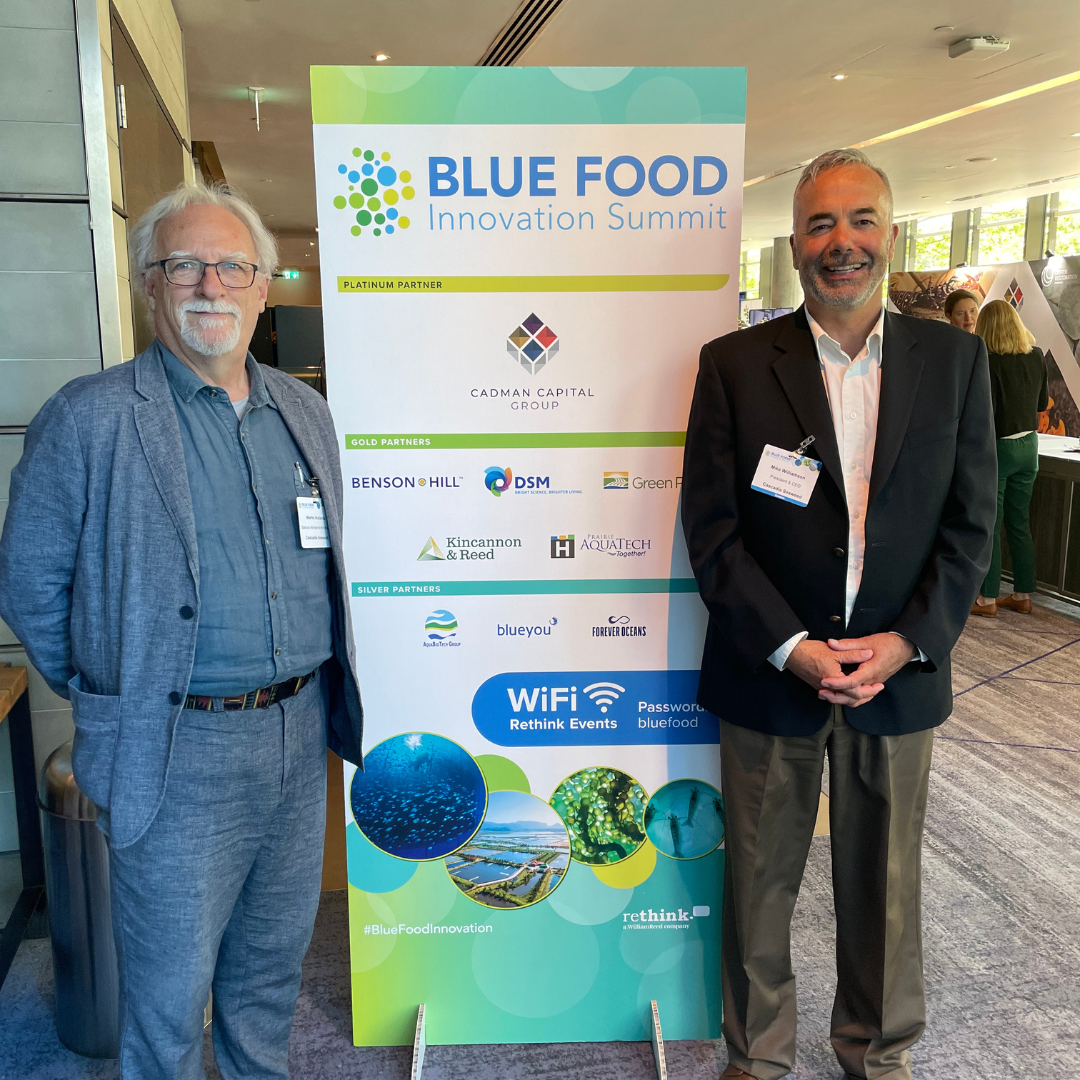
C - 9774 Third Street Sidney British Columbia V8L 3A4
Email: info@cascadiaseaweed.com
Phone: 1-778-351-4484

9774 - C Third Street Sidney British Columbia V8L 3A4
Email: info@cascadiaseaweed.com
Phone: 1-778-351-4484

